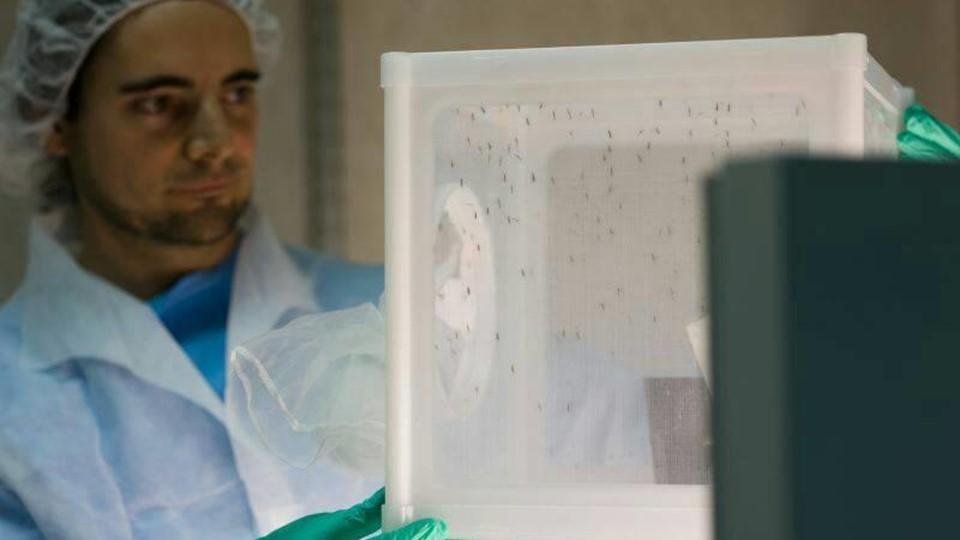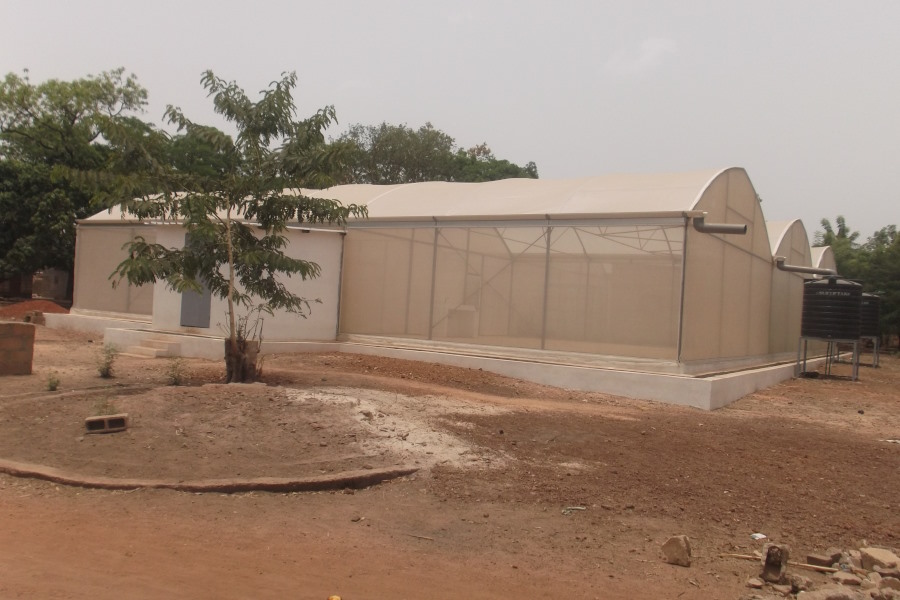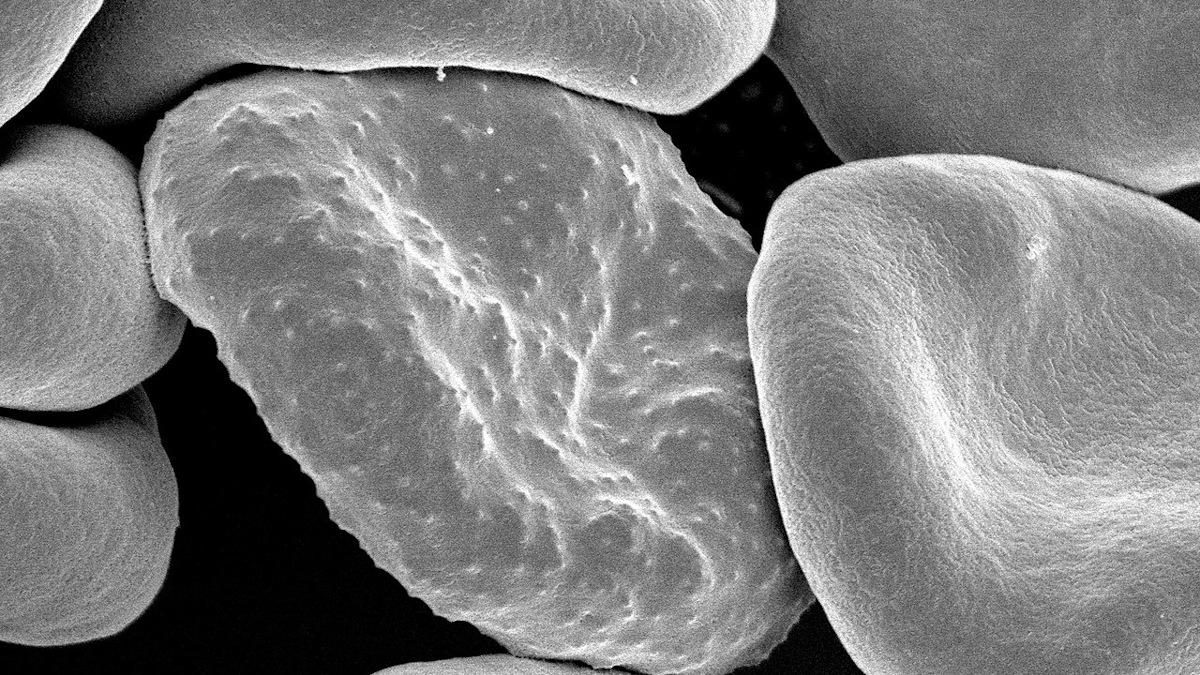GSK scientists find new way to fight malaria

A team at GSK has identified what could be an entirely new weapon in the fight to eradicate malaria – but it isn't a new vaccine or antimalarial compound.
Working with scientists at Johns Hopkins Malaria Research Institute, they have discovered a strain of a bacteria called Delftia tsuruhatensis – christened Tres Cantos 1 (TC1) – that has been shown to inhibit the colonisation of mosquitoes by the malaria parasite.
In studies, the naturally-occurring bacterium reduced the number of Plasmodium falciparum in the salivary glands and midgut of two species of Anopheles mosquito known to transmit malaria by 73%, with little evidence that either the mosquitoes or the parasite develop resistance to the infection.
The finding raises the intriguing possibility that the bacterium – widely found in water, soil, and plants – could be released safely into areas where malaria is endemic to reduce transmission rates, working in tandem with other measures, such as mosquito nets and vaccines.
Encouragingly, TC1 was also found to reduce levels of another malarial parasite species – P. berghei – raising the hope that it may have widespread activity against all forms that can infect and cause disease in humans.
GSK said that studies in a containment facility in Burkina Faso operated by the Institut de Recherche en Sciences de la Santé (IRSS), known as the 'MosquitoSphere', suggest that the lab findings could be replicated in the field.

The enclosed 6,550 sq. ft. unit is used to simulate a village setting and includes vegetation, huts, small pools of water, and a food source for mosquitoes.
Previous studies in the MosquitoSphere have also looked at the use of a fungus that infects Anopheles species, engineered to make it more lethal to mosquitoes. The natural bacterium approach arguably has the advantage, however, that it does not require modification of the organism, which might lead to unexpected effects.
The activity of TC1 was discovered by chance by GSK researchers in Tres Cantos, Spain, who were carrying out research on new antimalarial drugs, after noticing that mosquitoes used to propagate malaria had stopped carrying the parasites.
Johns Hopkins researchers subsequently found that TC1 secretes very small quantities of a molecule, harmane, that inhibits the early stages of P. falciparum development in the mosquito midgut. Importantly, the bacteria seems to do no harm to the mosquito and can be carried by the insect throughout its lifespan. The findings have just been published in the journal Science.
GSK said it will continue to work on TC1 and engage with global health institutions to see how it might be rolled out in a real-world setting. The company is one of the few large pharma companies that devote significant resources to infectious and tropical diseases, and last year pledged to spend around $1.2 billion over 10 years on R&D in this area.
It was responsible for the development of the first commercial malaria vaccine, Mosquirix, and the first single-dose drug therapy that can be used to eradicate malaria caused by P. vivax.













